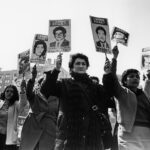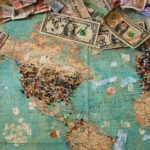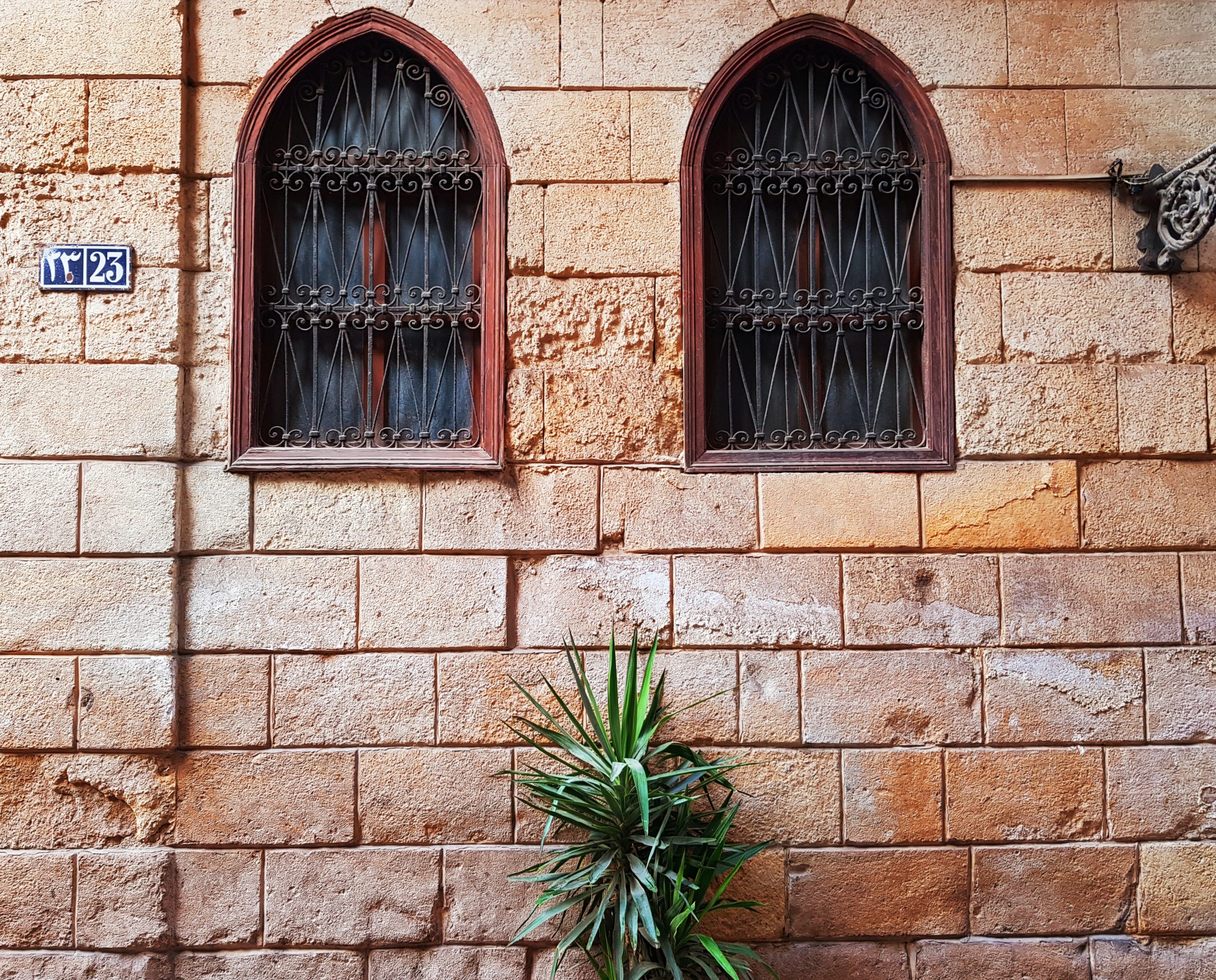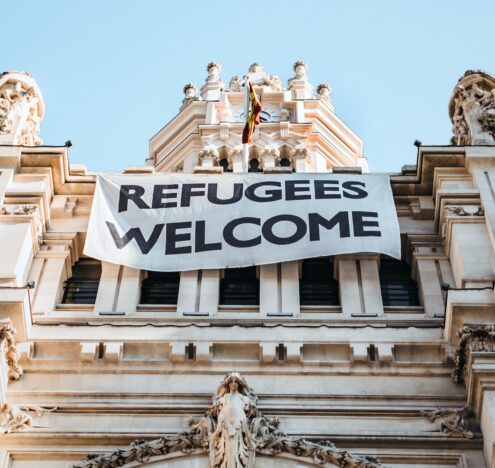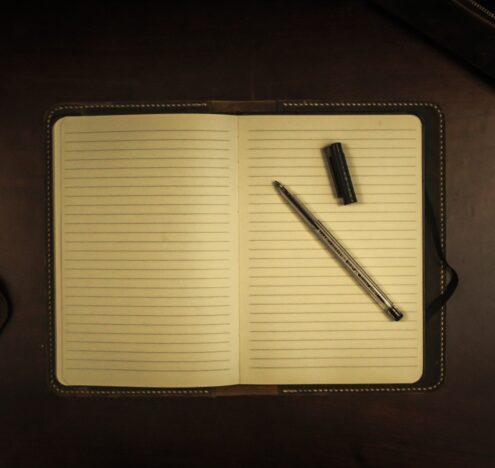The first time I heard the Islamic call to prayer, I was maybe six years old. I was walking through the dusty and congested streets of Alexandria, smelling the sweat, the sand and the lingering scent of garbage that seemed to permeate every alleyway. I remember hearing the meows of the multitudes of homeless cats, the constant bustle of throngs of people and the incessant car horns that pierced the dusty air for every, any, and no reason.
On that day, I heard the Islamic call to prayer from dozens of speakers perched from dozens of mosques, in what sounded like a competition over who could be the best or the loudest. And it was on that very day that the Pandora’s box in which my identity was sleeping – a box I didn’t even know existed – opened.
At the time, I knew very little about religion, let alone that there were many other religions besides the one that I was being raised in, and dozens – if not hundreds – of denominations within Christianity alone. I am Coptic-American. For those who do not know, Copts make up the predominance of the Christian minority in Egypt and trace their roots and heritage all the way back to the Pharaonic times before the introduction of Islam. In fact, Mark, one of the writers of the four gospels in the New Testament, is the first pope of the Coptic church and was killed in the city of Alexandria.
Islam and Christianity have co-existed in Egypt for more than 1000 years. As is expected, elements of both religions have mixed and mingled over time, creating a specific form of Orthodox Egyptian Christianity which is quite different from mainstream Evangelical American Christianity. As a result, identifying as a Copt in America is a multi-layered interplay of tensions and harmonies that strain and loosen depending on the context.
When you come from an oppressed minority group – as Copts in Egypt are – you hold on tightly to your heritage and culture because you know that others have suffered and died for it.
When you come from an oppressed minority group – as Copts in Egypt are – you hold on tightly to your heritage and culture because you know that others have suffered and died for it. For thousands of years, Copts have been treated as second-class citizens in Egypt. In addition to discrimination in almost every avenue of public life, murders, bombings and terrorist attacks are common. Such suffering and oppression cause individuals of that oppressed group to take greater pride in their identity and to hold on that much harder to who they are. This, of course, is not a unique phenomenon to Copts. This is true of all persecuted minority groups.
I was raised in the United States with this strong sense of identity. This included a brand of conservatism that stems from the Middle Eastern country around which I was raised, one that revolves around faith, tradition and national pride. It would be a mistake to confuse that very specific brand of orthodoxy with the evangelicalism that dominates Christianity in the United States. While the general theology and tenets of the faith are the same, there is a wide chasm when it comes to rituals and the faith in practice. There is an even wider chasm as it relates to power structures and dynamics – especially in the realm of race.
Traveling between the United States and Egypt as a Coptic-American is a unique experience. There is something disorienting about moving from a religious minority group into the majority and, at the same exact time, moving from a racial majority group into a minority. The leap from Egypt to the United States comes with a shift from being a member of a persecuted religious group to joining the majority religious group. At the same time, being a non-white Christian in America often means being tokenized or used as pawns when it behooves the dominant, evangelical white Christianity.
It also means being on different sides of these divides whenever these sorts of conversations arise. On Monday, I may be treated like a white Christian. On Tuesday, I may be treated like a brown Muslim. On Wednesday, I’m an African. On Thursday, I’m an Arab. It all depends on who I am talking to on the day.
And so, as if Egypt’s place at the crossroads of Africa and the Middle East isn’t enough, Coptic Christianity’s place within Islam and evangelical Christianity adds an additional layer of complexity. Whether it’s being a member of a persecuted group in Egypt, a beneficiary of the power structure in America, or dealing with the racism that comes from that very same power structure, issues of Coptic-American identity often lead to different destinations at different times. While that undoubtedly creates tension and doubt, there is unquestionable beauty in being able to relate to so many groups in some sort of way.
The first time I felt my true identity from within my soul, I remember being thoroughly confused. I was sixteen years old and again standing in Alexandria’s streets, now grappling with these issues. On that day, I began to understand that identity is not a binate concept. I realized that I can be Coptic. I can be American. I can be liberal. I can benefit from being in the majority. I can suffer from being in the minority. I can identify as a Christian in America. I can identify as a person of color in America. It was on that very day that the complexity and the multifaceted nature of the innumerable permutations of my identity became clear to me.
When I was six, I learned that there was more to who I am and where I come from.
When I was sixteen, I learned that it’s okay to be more than one thing. It’s okay to not fit neatly in a box.
And ever since then, I have known who I am. And I have also known that I am perceived as something different to every stranger that I encounter in my life. I can only hope that it is my humanity, above all, that is first seen.
Sam Fouad is a communications professional and global affairs analyst. He can be followed on Twitter and on Substack.











